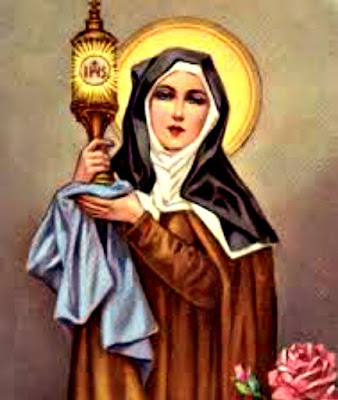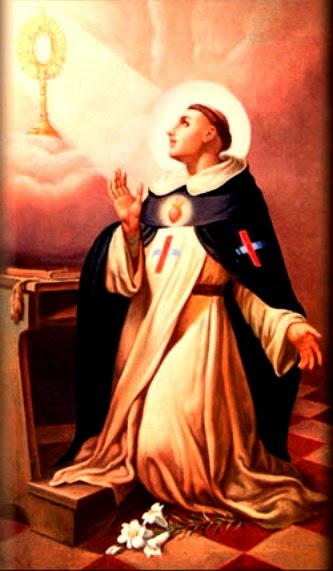St. Henry, Patron Saint of the Childless and the Handicapped

Henry was born in 972. He became the duke of Bavaria in 995. One night he had an unusual vision. St. Wolfgang, who had been his beloved teacher when he was a boy, appeared to him. Wolfgang pointed to the words, "after six" written on the wall. What could that mean? Perhaps Henry was to die in six days? With that thought, he prayed with great fervor for six days. At the end of the six days, however, he was in perfect health. Perhaps it meant six months? The duke devoted himself to doing good more than ever. At the end of six months, he was healthier than before. So he decided he had six years to get ready for death. But instead of dying after that time had passed, he was elected emperor of Germany. Then he understood what the vision had meant.
Henry worked hard to keep his people happy and at peace. To defend justice he had to fight many wars. He was honest in battle and insisted that his armies be honorable too. Henry married a very gentle and loving woman named Cunegundes (or Kunigunda) around 998. She, too, has been proclaimed a saint. Henry and Cunegundes went to Rome in 1014. They were crowned emperor and empress of the Holy Roman Empire. It was a great honor because Pope Benedict VIII himself crowned them.
Emperor Henry was one of the best rulers of the Holy Roman Empire. He promoted Church reform. He encouraged the growth of new monasteries and built beautiful churches. He showed his own love for Jesus and the Church with sincerity and love. He was a man of prayer and was greatly attracted to religious life. But he accepted his role as husband and ruler and fulfilled his responsibilities generously. Henry was just fifty-two when he died in 1024. He was proclaimed a saint by Blessed Eugene III in 1146. Pope St. Pius X named Emperor Henry the patron of Benedictine Oblates.
Via Vietnamese Eucharistic Youth Society
St. Henry is the patron saint of the childless, of Dukes, of the handicapped and those rejected by religious orders.




Comments
Post a Comment
Comments are moderated and are published at the blogger's discretion.